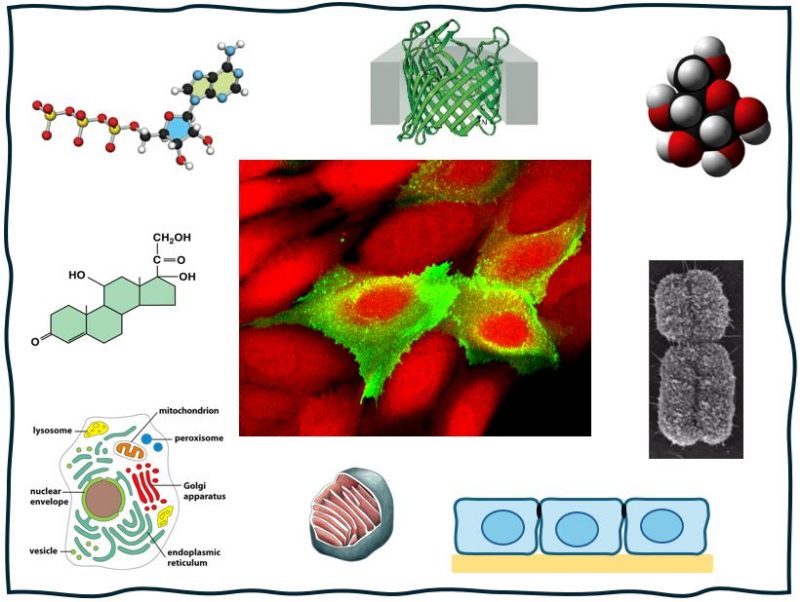Cell structure and components. Biomolecules. Basic principles of cellular functions: transport, metabolism, signaling and reproduction. The structure of tissues and organs and their function. Basic principles for how an organism, e.g. a human, functions at the system level. Ethical aspects in biomedical research.
SK2532 Biomedicine for Engineers 7.5 credits

The course provides an introduction to biomedicine for students with a background in engineering. The purpose of the course is to prepare the students for studies in biophysics and biotechnology by providing the basic knowledge needed for dealing with biomedicine related tasks as an engineer.
Information per course offering
Information for Autumn 2026 Start 24 Aug 2026 programme students
- Course location
AlbaNova
- Duration
- 24 Aug 2026 - 23 Oct 2026
- Periods
Autumn 2026: P1 (7.5 hp)
- Pace of study
50%
- Application code
51019
- Form of study
Normal Daytime
- Language of instruction
English
- Course memo
- Course memo is not published
- Number of places
Places are not limited
- Target group
- No information inserted
- Planned modular schedule
- [object Object]
- Schedule
Contact
Course syllabus as PDF
Please note: all information from the Course syllabus is available on this page in an accessible format.
Course syllabus SK2532 (Autumn 2024–)Content and learning outcomes
Course contents
Intended learning outcomes
The course provides an introduction to biomedicine adapted for students with a background in engineering.
After completing the course, students should be able to:
- describe the basic structure and function of molecules, cells, tissues and organs in living organisms
- describe mechanisms and structures for the transport of various substances within and between cells
- describe basic processes for the cell's energy supply and cell renewal
- describe from cellular to organ level the mechanisms that make an organism function as a whole (metabolism, neuronal signaling, immune system, hormonal action)
- identify and critically discuss ethical issues that occur in biomedical research
Literature and preparations
Specific prerequisites
At least 105 credits in the main field of technology
The course can also be applied for by students who are in the third year of a civil engineering education
English B/English 6
Recommended prerequisites
No prerequisites, except high-school biology, is required.
Literature
Examination and completion
Grading scale
Examination
- TEN1 - Written exam, 6.0 credits, grading scale: A, B, C, D, E, FX, F
- INL1 - Hand in assignment, 1.5 credits, grading scale: P, F
Based on recommendation from KTH’s coordinator for disabilities, the examiner will decide how to adapt an examination for students with documented disability.
The examiner may apply another examination format when re-examining individual students.
If the course is discontinued, students may request to be examined during the following two academic years.
Examiner
Ethical approach
- All members of a group are responsible for the group's work.
- In any assessment, every student shall honestly disclose any help received and sources used.
- In an oral assessment, every student shall be able to present and answer questions about the entire assignment and solution.